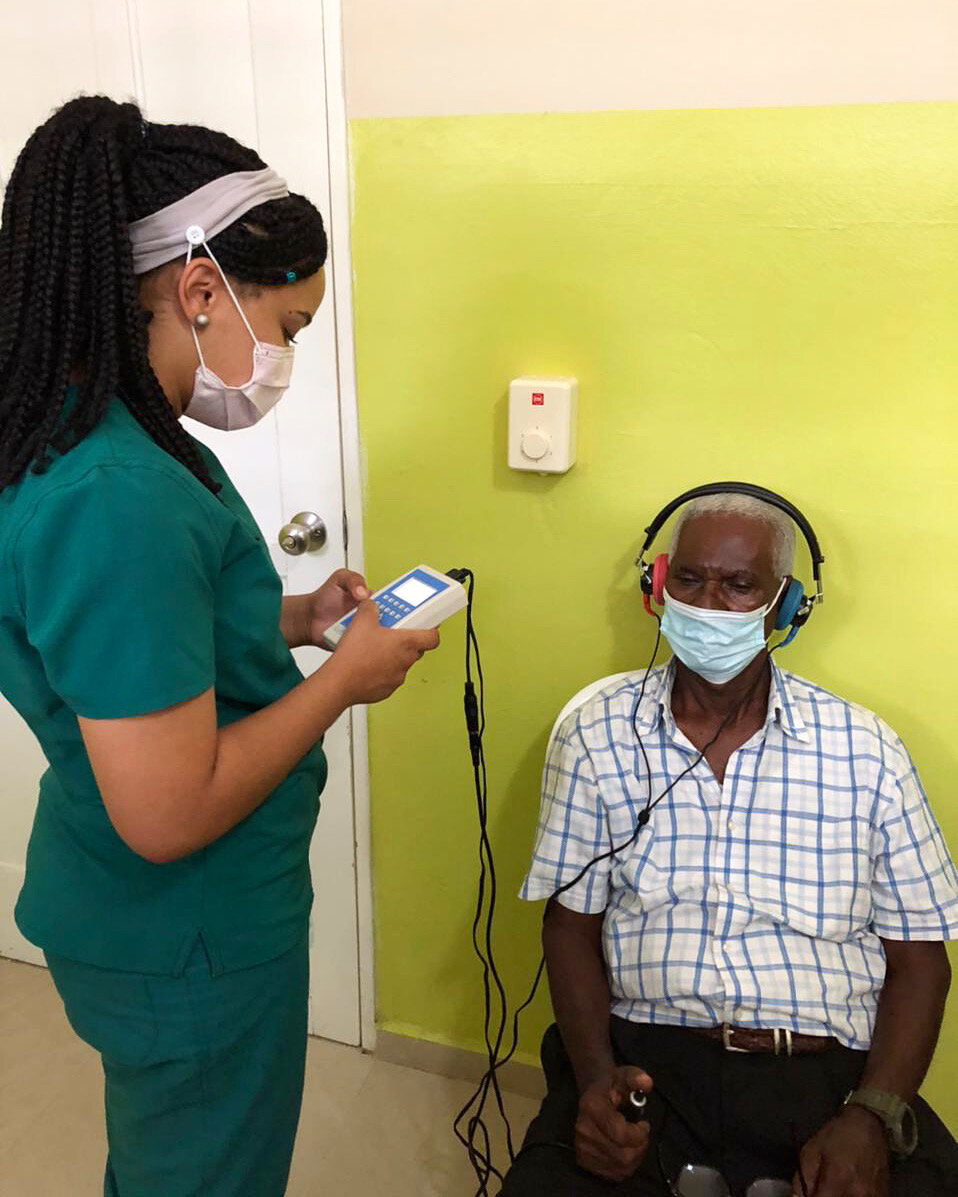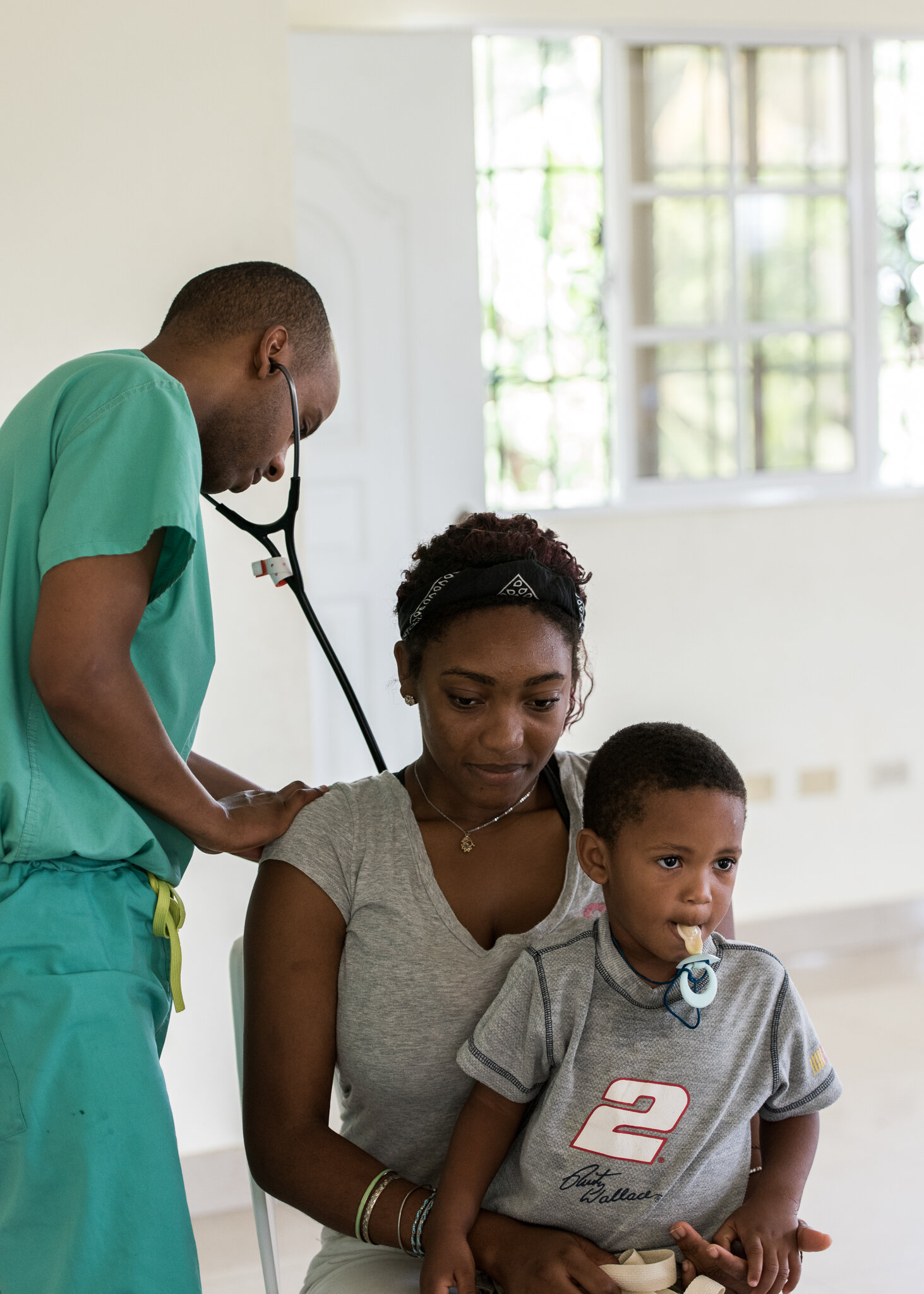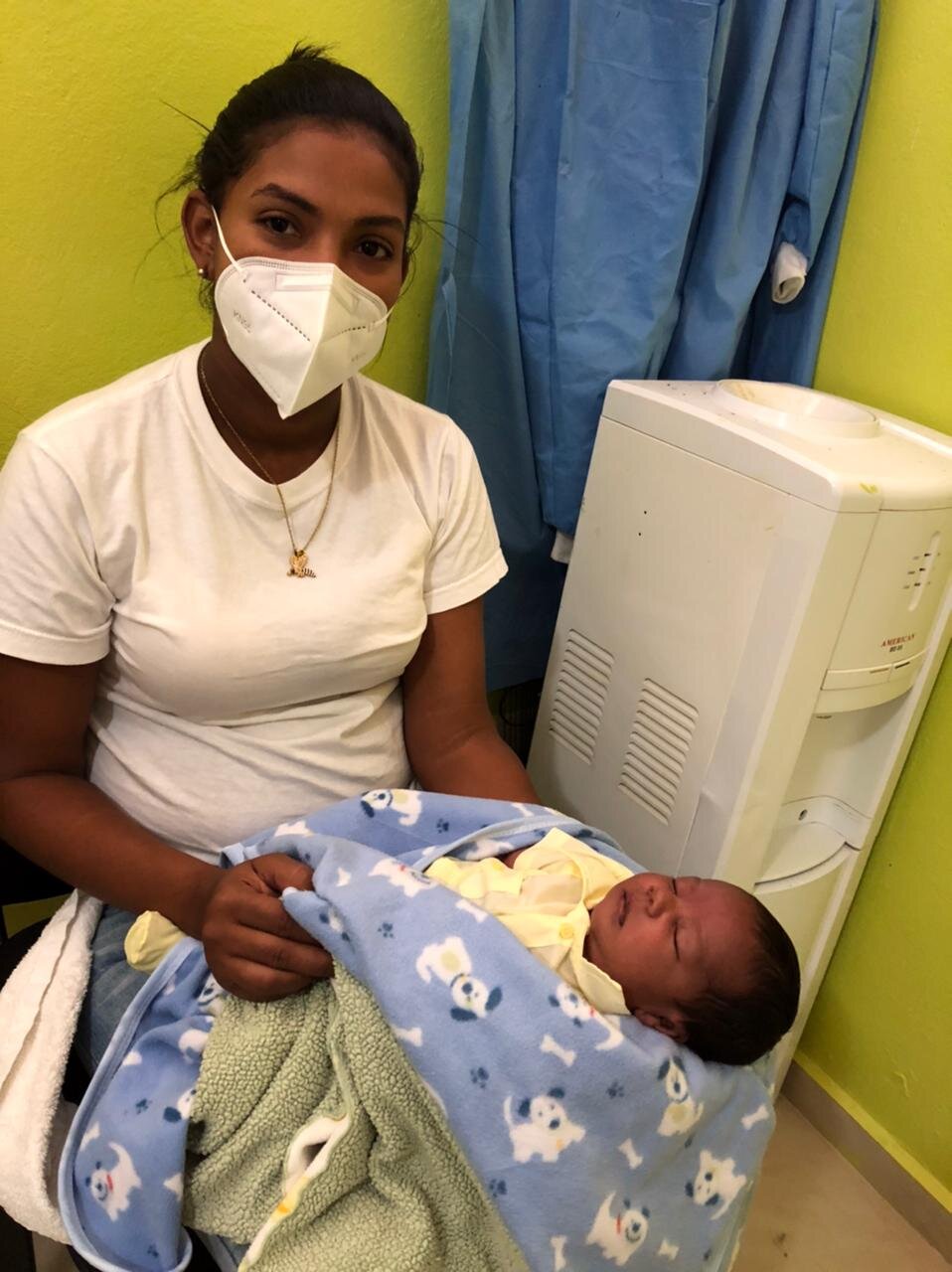Villa Verde Community Assessment
In 2019, Community Empowerment enlisted Rush to conduct a Needs Assessment for Villa Verde, Dominican Republic, using a Rush IRB-approved survey and USAID-validated household questionnaire. 323 households participated voluntarily and their identity has been concealed.
The findings show that opportunities exist for improving food insecurity, increasing access to water, improving access to primary care, and improving education on hygiene, smoking, and water safety. Significant findings include:
52% of households reported "Going to sleep hungry" at least once, 60% reported "Had no food to eat" at least once, and 37% reported "Gone day and night without eating" at least once in the 14 days prior to the survey being conducted.
97% of households have concerns about not having enough drinking water.
26% obtain water through a communal pipeline
25% use rain water
40% rely on delivery trucks
17% "do nothing" to make water safe to drink
47% of households report transportation has prevented them from seeing a physician in the past year
9% of households received medical care from a primary care physician
14% from a public health clinic
15% from a private hospital
63% from a public hospital.
With regard to hygiene, 91% have access to face coverings, 67% wash their hands when returning home, and 64% wear masks when interacting with non-household members.
The construction of a primary health clinic by end of summer 2021 will provide a central, accessible location for approximately 10,000 people.
Future initiatives will revolve around enhancing the community pipeline, testing the water and creating a water purification system, and developing a water kiosk. The potable water will be sold at a price the community can afford. To address food insecurity, during COVID, we worked with community leaders to identify and distribute food to those most in need. Moving forward, we will work with providers to refer those with food insecurity to community leaders and possible resources. We will continue to work with community leaders and government officials to make public transportation and healthcare more accessible for Villa Verde.
Education initiatives will include hygiene, water safety, smoking cessation and harm reduction, communicable and non-communicable disease prevention, transmission, and progression.




